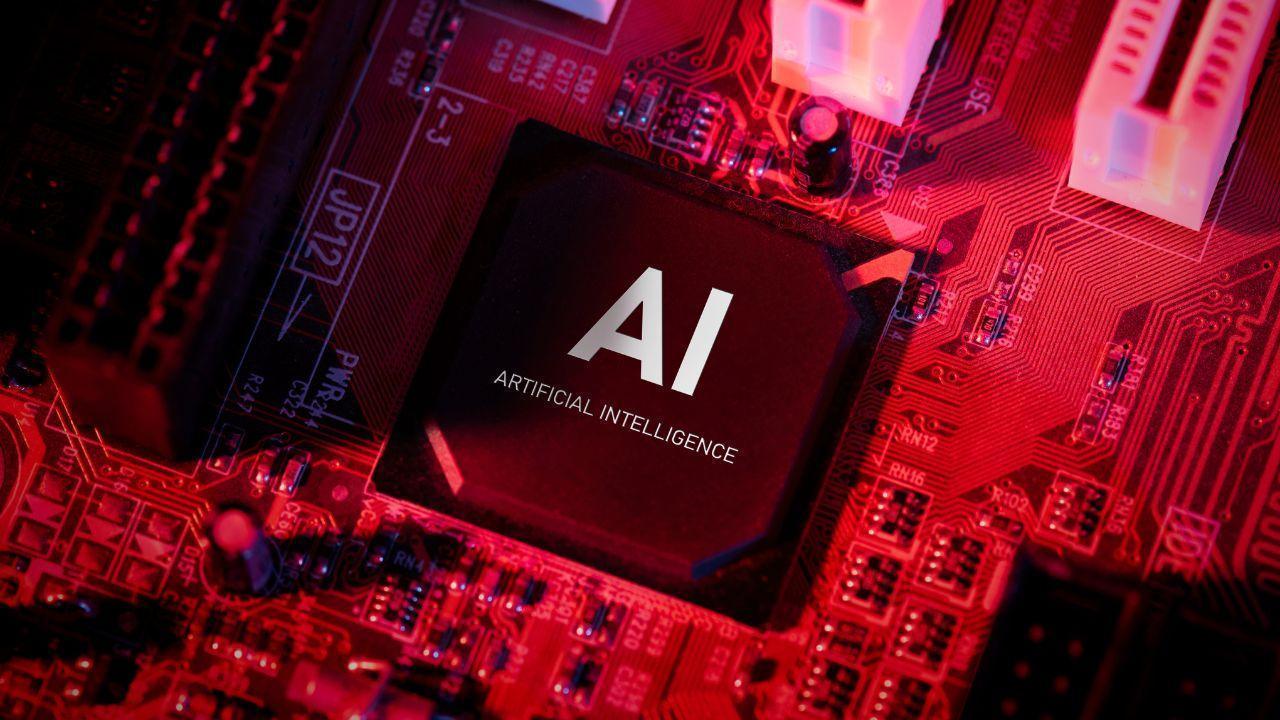You have not yet added any article to your bookmarks!

Join 10k+ people to get notified about new posts, news and tips.
Do not worry we don't spam!

Post by : Laxmi Verma
Artificial Intelligence (AI) is transforming the way we live, work, and interact. From smart assistants and personalized recommendations to advanced healthcare diagnostics and autonomous vehicles, AI’s innovations are reshaping industries at a rapid pace. However, as AI continues to grow in power and influence, it raises critical questions about privacy and security.
In this article, we dive deep into the delicate relationship between AI and privacy: balancing innovation with security. We’ll explore how AI can both enhance and threaten privacy, the challenges it poses, and how businesses, governments, and individuals can navigate this complex landscape responsibly.
AI’s ability to analyze vast amounts of data quickly and accurately fuels its incredible innovation potential. It can detect patterns, predict behaviors, and automate decision-making processes, creating efficiencies and new opportunities across sectors like healthcare, finance, marketing, and public safety.
For example, AI-powered health applications can monitor patient vitals and predict potential medical issues before they become critical. Similarly, AI algorithms help businesses tailor their marketing strategies based on user behavior, delivering more personalized experiences.
Yet, all these advancements come with a crucial dependency: access to massive amounts of data. And therein lies the privacy challenge.
AI systems thrive on data—often sensitive personal data. This dependence creates privacy risks that are hard to ignore. Here are some key concerns:
Many AI-powered platforms collect data from users, sometimes without clear or informed consent. This lack of transparency can lead to misuse of personal information and loss of user trust.
Storing and processing massive datasets opens doors to cyberattacks and data breaches. Hackers can exploit vulnerabilities to steal sensitive information, potentially leading to identity theft or financial fraud.
If AI systems are trained on biased or incomplete data, they can perpetuate or even amplify discrimination—affecting decisions in hiring, lending, law enforcement, and more.
Governments and corporations may use AI to monitor individuals at scale, sometimes crossing ethical lines and infringing on civil liberties.
Striking the right balance between leveraging AI innovation and safeguarding privacy requires multi-layered strategies involving technology, policy, and ethical considerations.
Building AI systems with privacy as a core principle—known as privacy-by-design—means integrating data minimization, anonymization, and encryption from the outset. This approach reduces data exposure and protects users even if breaches occur.
Organizations must prioritize transparency by clearly explaining what data is collected, how it is used, and obtaining informed consent. Transparency builds trust and allows users to make empowered decisions about their data.
Employing state-of-the-art cybersecurity protocols, such as multi-factor authentication, encryption, and regular security audits, can safeguard AI data systems from breaches.
Governments worldwide are stepping up regulations like the EU’s General Data Protection Regulation (GDPR) and California Consumer Privacy Act (CCPA), which enforce strict rules on data protection and user privacy. AI developers and businesses must stay compliant to avoid penalties and protect users.
Promoting fairness, accountability, and inclusivity in AI development helps prevent biases and misuse. Independent audits and ethical review boards can ensure AI systems respect human rights and social norms.
While organizations and governments play a significant role, individuals must also stay vigilant. Here are some tips for users:
By staying informed and cautious, individuals can better safeguard their privacy in an AI-driven world.
The intersection of AI and privacy: balancing innovation with security will continue to evolve as AI technology advances. Emerging techniques like federated learning—where AI models train on decentralized data without sharing personal information—offer promising ways to protect privacy without sacrificing performance.
Moreover, ongoing dialogue between technologists, policymakers, and civil society is essential to develop frameworks that encourage innovation while respecting privacy rights.
This article is for informational purposes only and does not constitute legal or professional advice. Privacy laws and regulations vary by jurisdiction and are subject to change. Readers should consult qualified experts or legal professionals for advice specific to their circumstances regarding AI, data privacy, and security.










FIFA Stands by 2026 World Cup Ticket Prices Despite Fan Criticism
FIFA defends the high ticket prices for the 2026 World Cup, introducing a $60 tier to make matches m

Trump Claims He Ended India-Pakistan War, Faces Strong Denial
Donald Trump says he brokered the ceasefire between India and Pakistan and resolved eight wars, but

Two Telangana Women Die in California Road Accident, Families Seek Help
Two Telangana women pursuing Master's in the US died in a tragic California crash. Families urge gov

Ranveer Singh’s Dhurandhar Roars Past ₹1100 Cr Worldwide
Ranveer Singh’s Dhurandhar stays unstoppable in week four, crossing ₹1100 crore globally and overtak

Asian Stocks Surge as Dollar Dips, Silver Hits $80 Amid Rate Cut Hopes
Asian markets rally to six-week highs while silver breaks $80, driven by Federal Reserve rate cut ex

Balendra Shah Joins Rastriya Swatantra Party Ahead of Nepal Polls
Kathmandu Mayor Balendra Shah allies with Rastriya Swatantra Party, led by Rabi Lamichhane, to chall